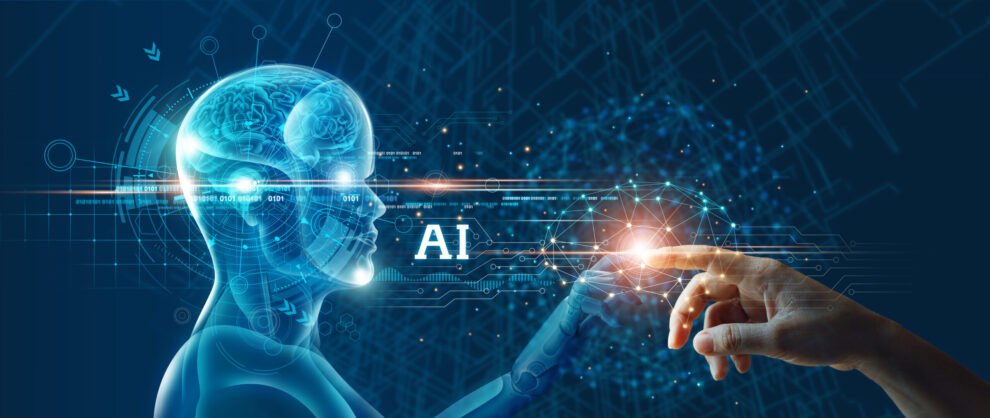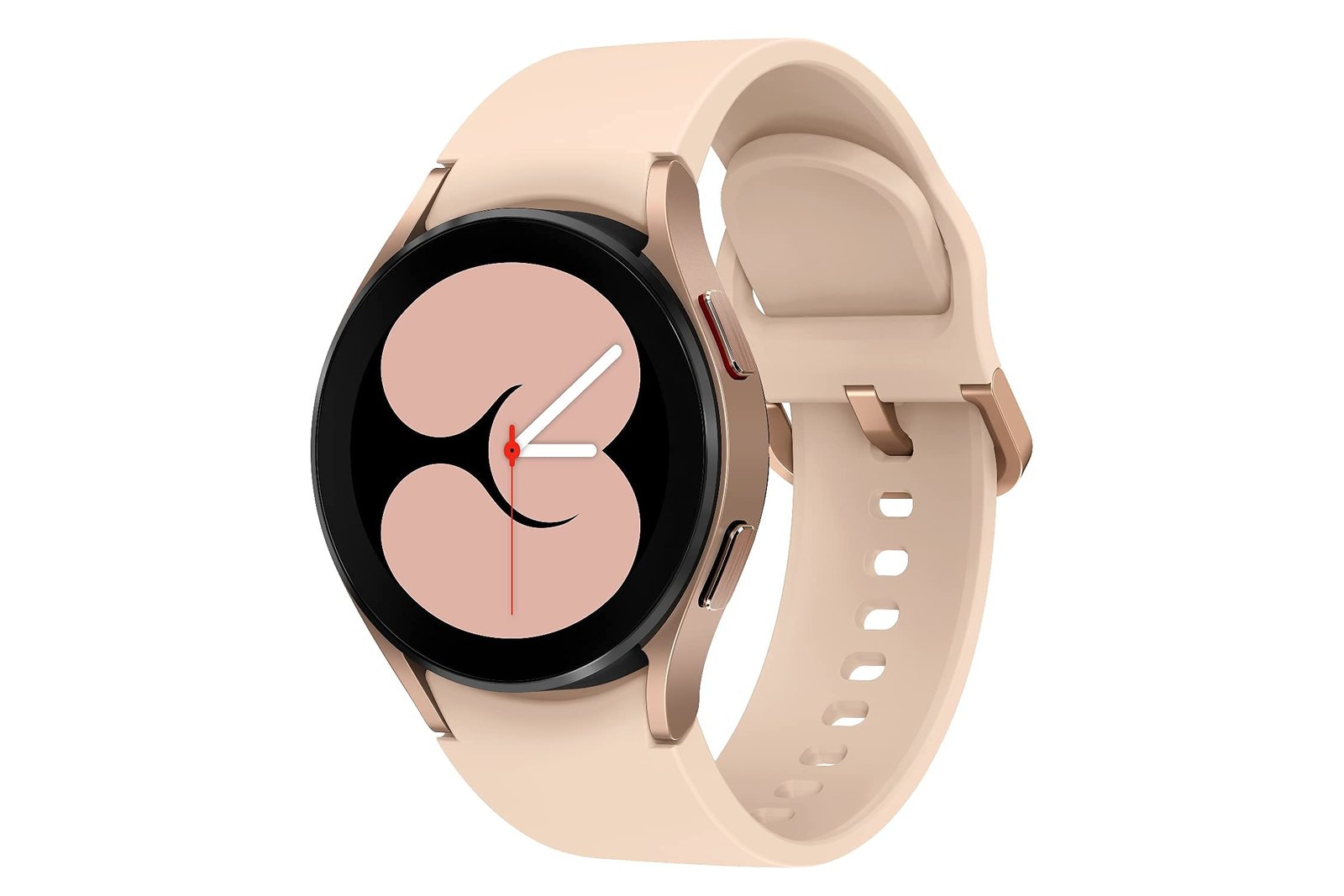Scientists are increasingly using artificial intelligence (AI) as a co-scientist to accelerate the pace of discovery. AI algorithms can analyze massive datasets, identify patterns humans might miss, and generate hypotheses, leading to faster breakthroughs in various fields. This collaboration between human intellect and AI’s analytical power is changing how science is done.
Researchers in drug discovery are using AI to sift through vast libraries of chemical compounds, predicting which ones are most likely to have therapeutic effects. This process, which once took years, can now be done in a fraction of the time. For example, pharmaceutical companies are using AI to identify potential drug candidates for diseases like cancer and Alzheimer’s. The AI algorithms analyze biological data and predict the effectiveness of different compounds.
In materials science, AI is helping researchers design new materials with specific properties. By analyzing the relationships between a material’s structure and its function, AI can suggest new combinations of elements and processing methods. This is leading to the development of stronger, lighter, and more durable materials for use in everything from airplanes to electronics. Researchers at national labs are using AI to discover new superconducting materials, which could revolutionize energy transmission.
Climate science is another area where AI is making a significant impact. AI algorithms can analyze climate data from multiple sources, including satellites, weather stations, and ocean buoys. This allows scientists to develop more accurate climate models and predict the impacts of climate change with greater certainty. Scientists are using AI to study extreme weather events and to predict future climate scenarios.
AI is also being used in fundamental research, such as particle physics and cosmology. Scientists at CERN are using AI to analyze data from the Large Hadron Collider, searching for new particles and testing theories about the universe. AI algorithms can identify subtle patterns in the data that would be difficult for humans to detect. In astronomy, AI is used to analyze telescope images, identifying distant galaxies and other celestial objects.
The use of AI in science is not without its challenges. One challenge is the need for large, high-quality datasets to train AI algorithms. Another challenge is ensuring that the AI algorithms are reliable and unbiased. Scientists are working to develop methods for validating AI results and ensuring that they are not based on spurious correlations. Researchers are also addressing the ethical implications of using AI in science, such as the potential for bias in algorithms and the need for transparency in AI decision-making.
Despite these challenges, the potential benefits of using AI in science are enormous. By accelerating the pace of discovery, AI can help us solve some of the world’s most pressing problems, from developing new treatments for diseases to addressing climate change. The partnership between human scientists and AI co-scientists is ushering in a new era of scientific progress. The ability of AI to analyze complex data sets and identify hidden patterns allows scientists to ask and answer questions that were previously impossible. This is not replacing scientists, but providing them with powerful new tools.
The future of science will likely involve even closer collaboration between humans and AI. As AI technology continues to develop, we can expect to see even more sophisticated applications in scientific research. This includes the development of AI systems that can design experiments, interpret results, and even suggest new research directions. The combination of human creativity and AI’s analytical power is poised to revolutionize science.



















Add Comment